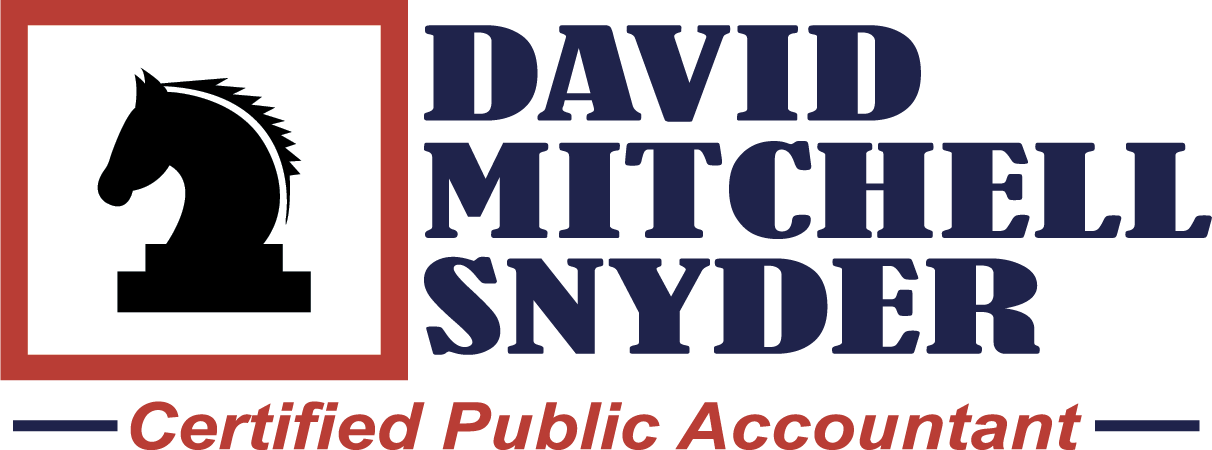Tax-Free Income

The free-market economist Milton Friedman popularized the phrase “there is no such thing as a free lunch”, but he didn’t know taxes! Here are some tax-free income ideas for you to ponder:
Investments
- Qualified Dividends and Long-term Capital Gains – There is no income tax on capital gains and qualified dividends for taxpayers in the 10% or the 15% tax brackets.
- Municipal Bond Interest – Municipal bond interest is free of tax. However, the interest is taken onto account for determining the taxable portion of Social Security benefits. Also, interest from specified private activity bonds are taxable for alternative minimum tax calculations.
Business/Employment
- Education paid by the Employer – Up to $5,250 of employer-paid education costs are tax free. If the education is work related, then the benefit is unlimited.
- HSAs – Distributions from Health Savings Accounts to pay for qualified medical expenses are tax free.
- Reimbursements under and accountable plans – Reimbursements from your employer for your business travel and entertainment expenses are tax free if paid under an accountable plan.
- Roth IRA distributions – All of the distributions from a Roth account are tax free if the account has been open for five years and the withdrawals are taken after the taxpayer has reached age 59 ½.
- Loans and distributions form partnerships – In general a loan or distribution to the partner is not taxable.
- Loans and distributions from an S corporation – Similar treatment as partnerships but with one huge caveat: S corp. shareholders must have tax basis to qualify for tax-free treatment.
Real Estate
- Home Sale Gains – Gains up to $250,000 ($500,000 for joint filers) on the sale of your principal residence are not taxed. You must have owned and used your home as your principal residence for at least two of the past five years preceding the date of the sale. This income tax provision (Code Section 121) can be used as frequently as every two years.
- Short-term Rentals – Income from renting out your home for fourteen days or less during a year is tax-free and doesn’t have to be reported to the IRS.
Death and Disability
- Inheritances – Inherited assets are not included in taxable income of the recipient. However, a distribution from an inherited tax-deferred account will be subject to the same taxation as if the decedent had taken the distribution.
- Gifts – Gifts are not taxable to the recipient. However, they may be taxable to the donor. “Gifts” from an employer are usually taxable as compensation.
- Life Insurance Proceeds – Generally, if you receive proceeds under a life insurance contract as a beneficiary due to the death of the insured, the benefits are not includable in your taxable income and do not have to be reported on your tax return. Any interest that accrues after the date of death will be taxable as income to the recipient.
- Disability Benefits – Usually disability benefits are not taxable if the payments come from a private carrier and were made by you, not your employer. (If someone took a tax deduction for the premium payments then the benefits are taxable.) Supplemental Security Income (SSI) payments are not taxable under IRS regulations.
